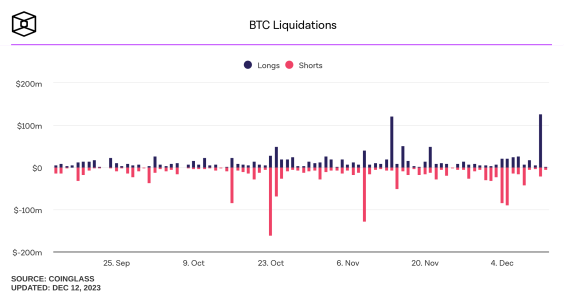This is not investment advice. The author has no position in any of the stocks mentioned. Wccftech.com has a disclosure and ethics policy.
South Korean business giant Samsung Group's chipmaking division Samsung Foundry is eager to keep up with the Taiwan Semiconductor Manufacturing Company (TSMC) when it comes to manufacturing next-generation semiconductors. Both Samsung and TSMC have started producing chips with feature sizes as small as 3 nanometers, with Samsung taking the lead last year by announcing production first. However, amidst rumors that the Korean firm lacked customer interest in its products and was allegedly suffering from yield problems, TSMC kicked off production as well. Now, with TSMC regularly providing updates about the next generation 2-nanometer products, Samsung has also jumped into the fray as it shared new details about its technology in California.
Samsung Promises 12% Performance Increase With 2-nanometer Semiconductor Node
Samsung's 3-nanometer chips are quite different from the ones made by TSMC. The latter has chosen the mature FinFET transistor design - a decision likely influenced by the sheer number of orders it has to fulfill. Mature designs are easier to ramp up on the production line as fewer bottlenecks and design constraints tend to hamper the process. On the other hand, Samsung is using advanced GAAFET transistors for its products. These transistors have superior performance because of their design which allows them to conduct electricity with fewer losses.
However, TSMC will catch up to the GAAFET train with its 2-nanometer semiconductors. Samsung claims that the decision to use the newer transistors is based on its aim to gain experience with the new designs early on. And TSMC has promised mass production of its 2-nanometer products in 2025.
Now, Samsung has announced that it will produce the first 2nm chips in 2025 as well, sharing its intention to keep up with TSMC. TSMC is the world's largest contract chip manufacturer and is the exclusive supplier for Apple's processors for the iPhone, iPad, Mac and other product lineups. Apple had previously relied on both Samsung and TSMC for its iPhone processors but chose to use TSMC exclusively later on due to alleged power consumption problems with the Samsung made chips.

Samsung Foundry's diagram shows the evolution of a transistor from FinFET to GAAFET and then MBCFET. The 3nm process from the Korean company will utilize GAAFET transistors, which it has developed in partnership with International Business Machines Corporation (IBM). Image: Samsung Electronics
Samsung shared new details about its chip making plans in San Jose, California at the Samsung Foundry Forum. It outlined that the first 2-nanometer chips will be for smartphone use and will be produced in 2025. TSMC has outlined a similar timeline for its 2-nanometer production. Samsung also shared that it plans to increase production in a chip plant in South Korea and set up a new plant in Taylor, Texas. The Texas facility has been in the works for a while, and Samsung chose the location after considering other regions of the U.S. as well.
The 2-nanometer chips are slated to feature a 12% performance increase or a 25% increase in power efficiency compared to the current generation 3-nanometer technology. Clean room capacity for the Taylor and South Korean plants is expected to grow by 7.3 times in 2027 over 2021 figures, with the U.S. plant slated to start operations by the second half of next year. TSMC is also building a new chipmaking plant in the U.S., and this is also slated to enter production in 2024.
The semiconductor industry has seen renewed interest this year after a slump that saw firms post weak results. The recent interest stems from advances in artificial intelligence which has grown the addressable market estimates for the industry.













